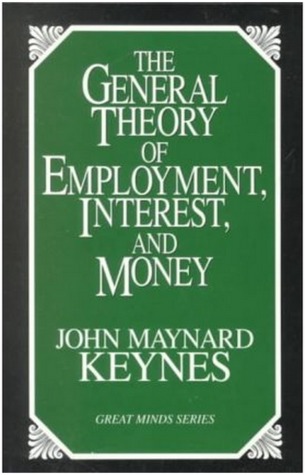New York: Harcourt, Brace & World, 1936, xii, 403, pp.
Excerpt:
Capitalism is not for the faint of heart. It is a system of supply and demand that reduces real workingmen and workingwomen into graphs and equations subject to “aggregate” observations devoid of any real human factors. If left to regulate itself, the economy should remain in check and avoid dangerously radical changes in productivity, orthodox economists maintain. How then do we explain terrible recessions such as the Great Depression, where unemployment figures were seen as high as 25% with still more underemployed and working far below their experience and capability? Shouldn’t the system have corrected itself before such dire circumstances were created? Economists reply simply: workers are unwilling to accept lower wages during times of decline, and would rather quit thus jeopardizing the beautifully constructed, but apparently fragile, classical theory of economics. And if these arguments were not effective, there was always the fallback plan of declaring “Social Darwinism,” with the Great Depression serving as a perfect opportunity to weed out the worst employees and only the best would emerge victorious at some unforeseeable future date.
Online:
Amazon
Project Gutenberg Australia

